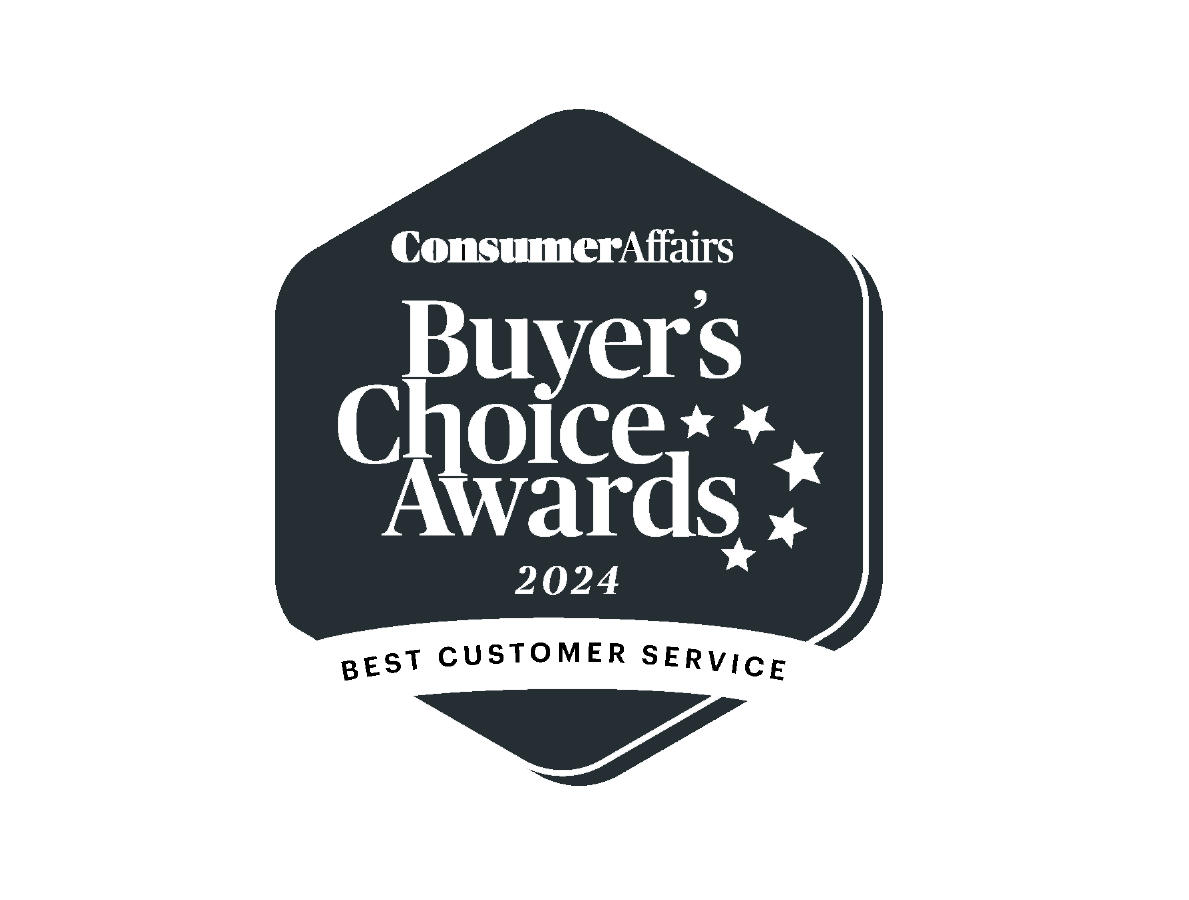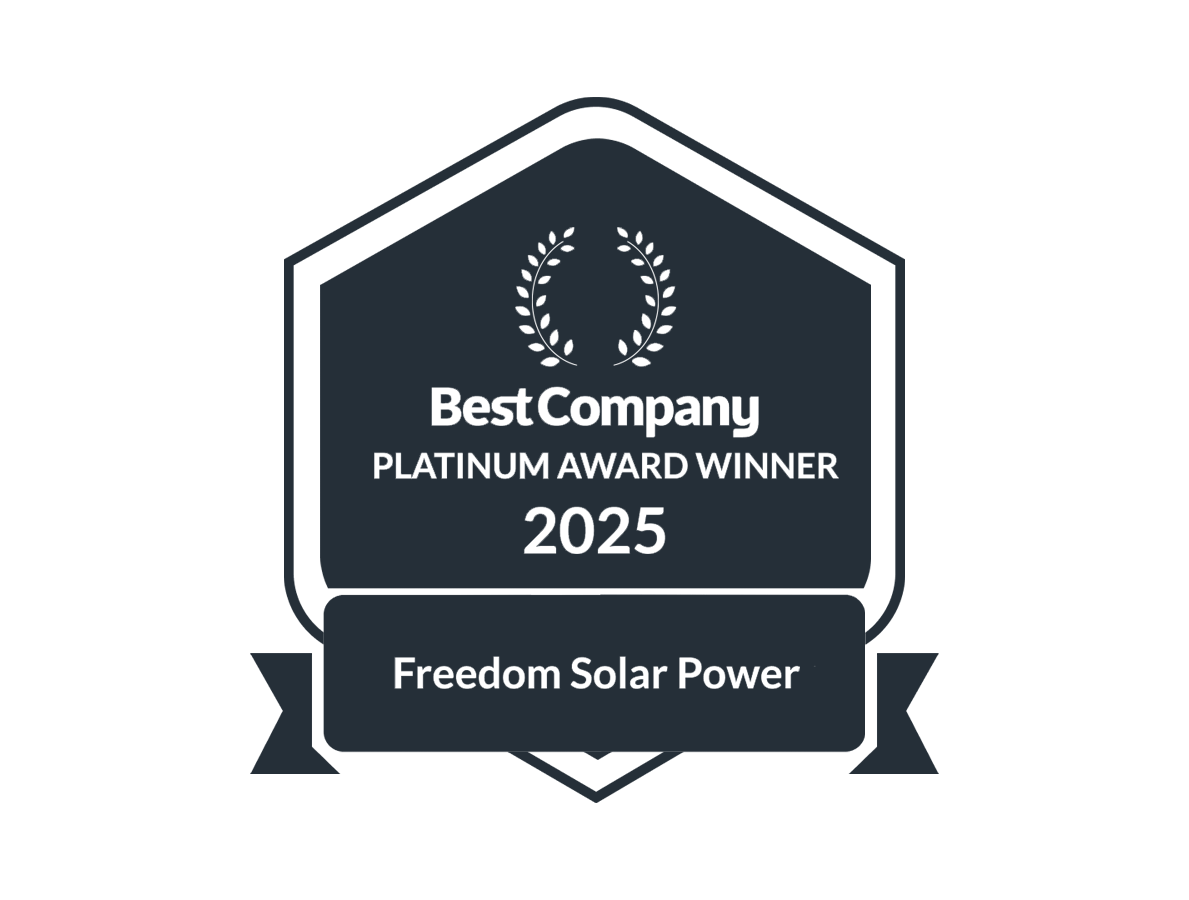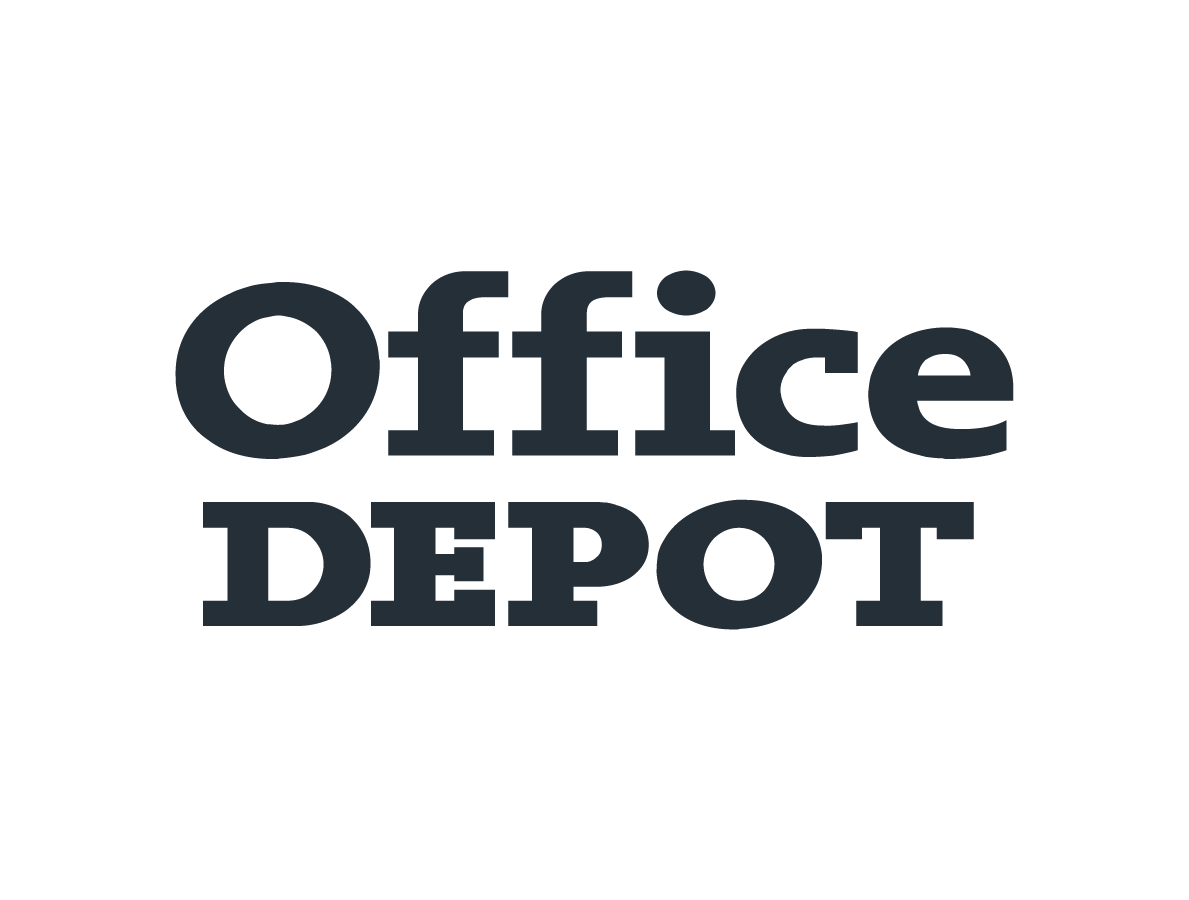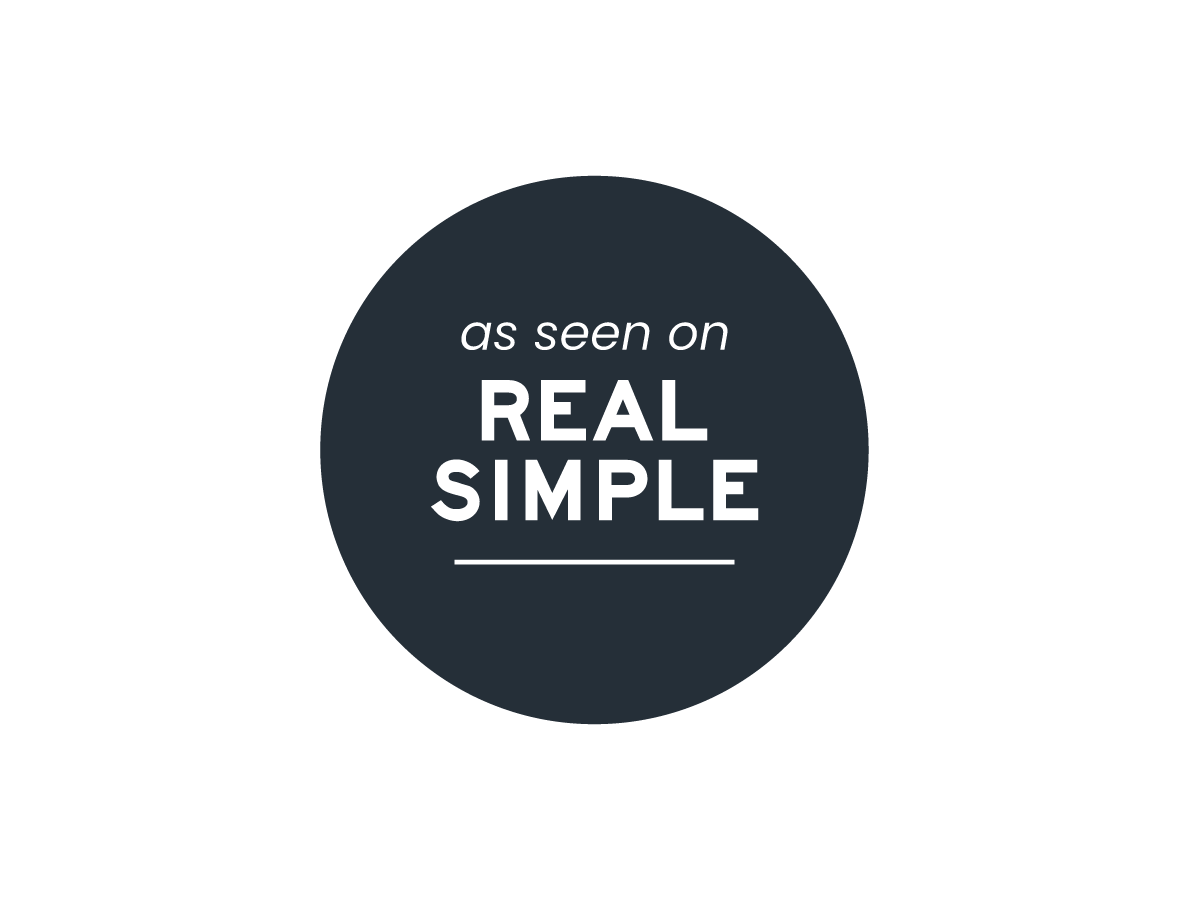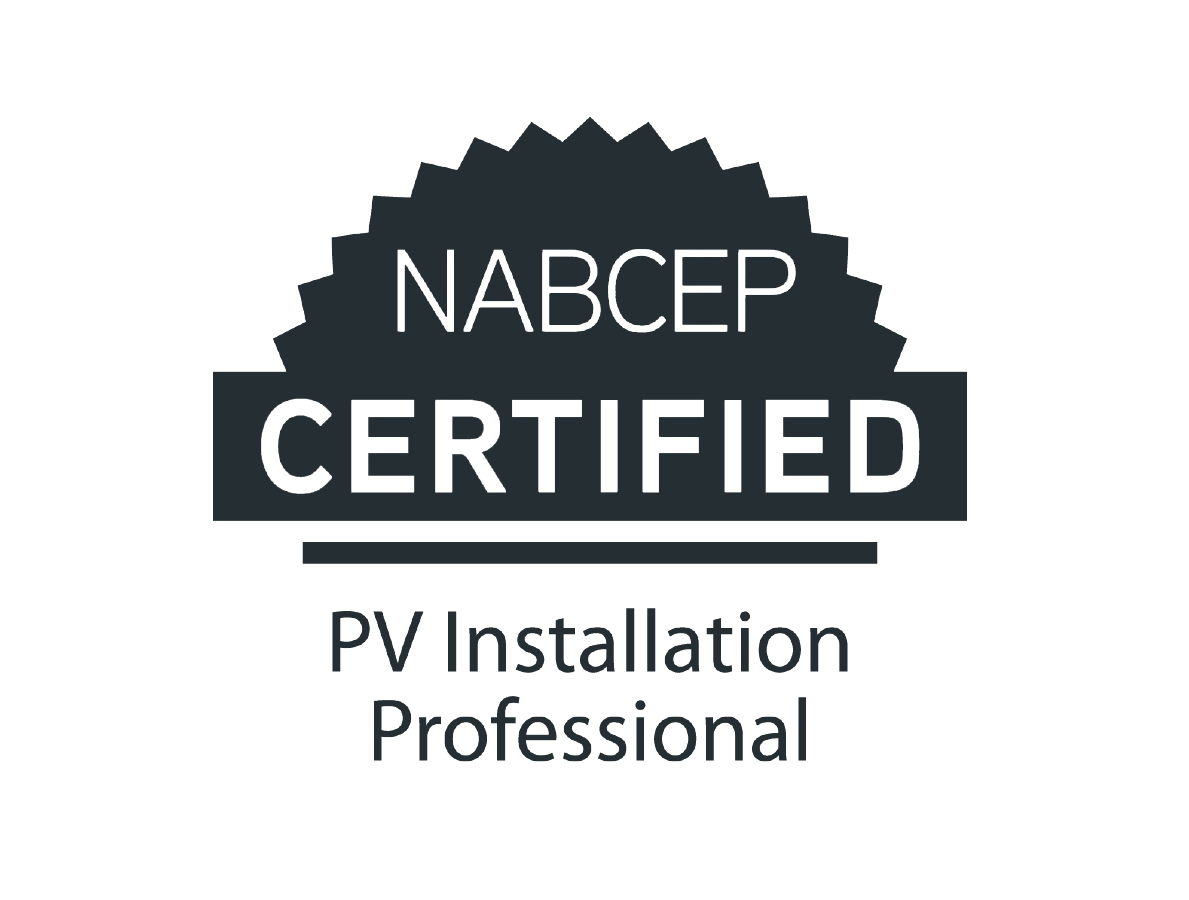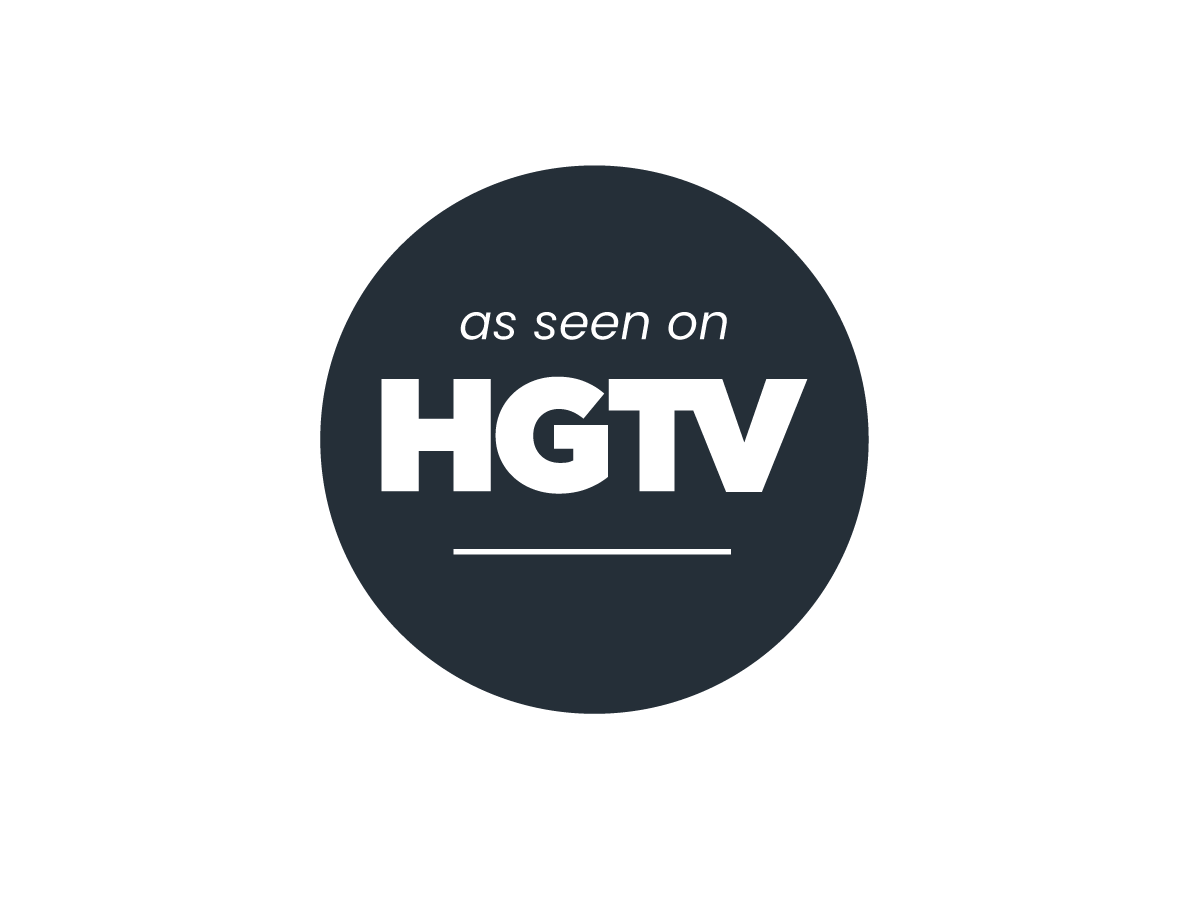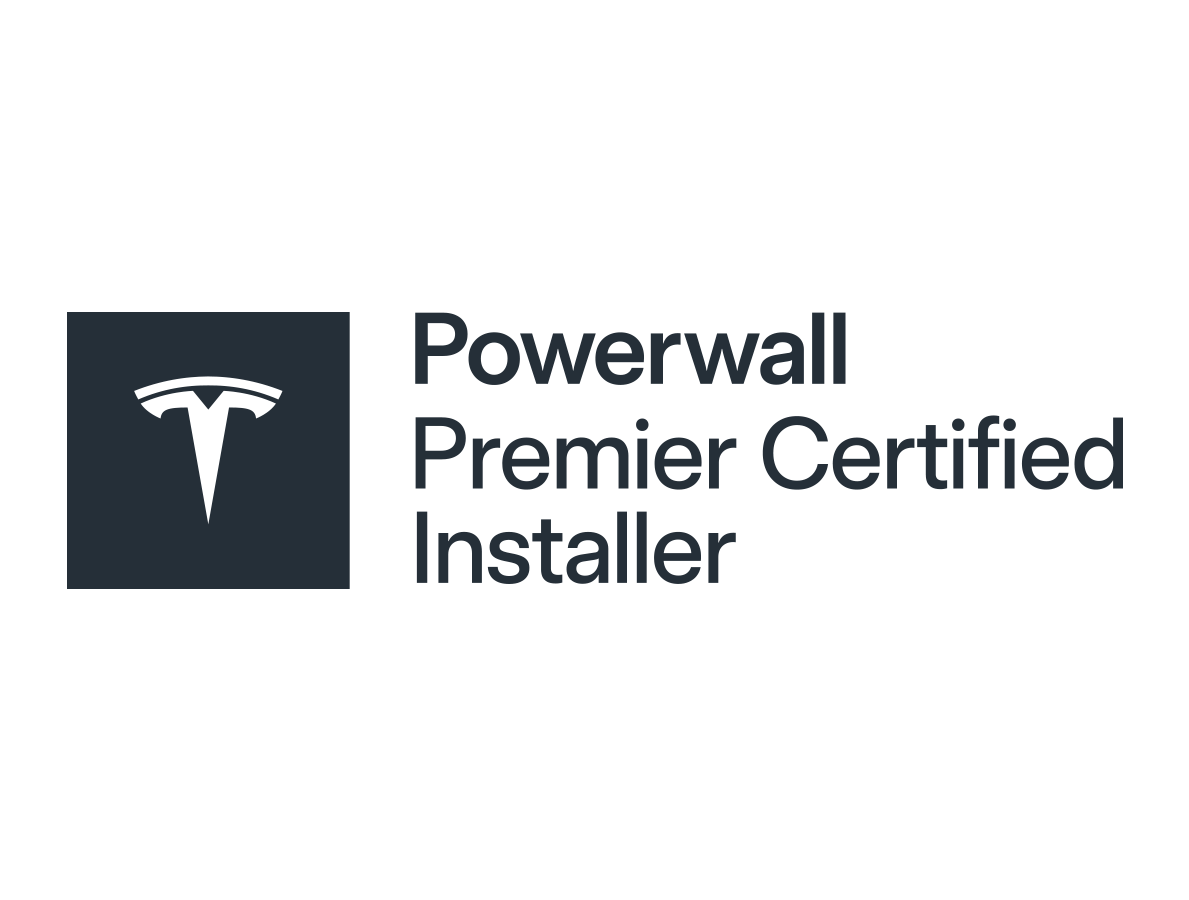Commercial Solar Panel Installation and Design
Your National Solar Partner for Business
At Freedom Solar, we’re more than a commercial solar panel installer. We offer full end-to-end solar solutions, battery energy storage systems (BESS), and complete project management from start to finish, across all 48 contiguous states in the United States.
Our services include free site analysis, engineering and design services, financing, rebate application, installation, permitting, inspections, monitoring, and ongoing service and maintenance.
Companies like Whole Foods, The University of Texas at Austin, Office Depot, Public Storage, Ben E Keith beverage distributor, and Strictly Pediatrics Surgery Center turn to us for commercial solar panels in order to lower operating costs, reduce tax liability through government credits and accelerated depreciation, and grow revenues by differentiating from competitors.
Trusted By These Companies
Commercial Energy Today
Utility costs are one of the largest expenses for most businesses.
As your company grows, it consumes more energy — for lighting, HVAC, production, computing, and more. Compounding the issue, commercial utility rates continue to rise every day.
Small and medium-sized businesses (SMBs) in the U.S. already spend more than $60 billion a year on energy. And energy market experts predict that the increases in the average per-kilowatt-hour cost of electricity will persist long-term.
At Freedom Solar, we provide up-front shovel-ready proposals scrubbed for all eligible incentives and cash flows to help you navigate the energy issues of today and prepare for the energy landscape of the future.
We are the #1 Commercial Solar Contractor to Watch in the U.S.
Want to know more?
Request a Business Site Analysis.
- Send us your info by completing this form.
- We’ll contact you to schedule an appointment.
- An energy consultant will meet with you at your place of business or virtually.
- You will get a custom proposal with system size, design, costs, financing, and savings.
We respect your privacy. Your info will only be used to contact you and to qualify your roof for solar.
By clicking the button “Contact Me” above, I am providing my express written consent, and agree to: (a) receive sales, marketing, and other phone calls, text messages, SMSs, MMSs, and/or other electronic communications (including via pre-recorded messages and/or automated dialing technology) from Freedom Solar LLC (“Freedom Solar”) at the phone number entered above, even if the number is currently listed on any internal, state, federal, or national “Do Not Call” list; (b) receive sales, marketing, and other emails from Freedom Solar at the email address entered above; (c) Freedom Solar’s Privacy Policy, which describes how Freedom Solar collects and uses personal information and any privacy rights I may have; and (d) Freedom Solar’s SMS Terms and Conditions. I understand that my consent is not a condition of purchase and that I may revoke my consent at any time by contacting Freedom Solar at [email protected]. I also confirm I am at least 18 years old and own the phone number provided.
Why should businesses go solar?
Solar panels are a smart investment in renewable energy to lower your tax liability, reduce your operating expenses, and further your sustainability goals and marketing efforts.
For many businesses, solar is primarily a financial decision. The cost of solar installation is partially offset by local incentives including solar tax credits, depreciation, grants such as the Rural Energy for America Program (REAP) managed by the USDA, and rebates.
An investment in commercial solar power provides a strong internal rate of return (IRR) and a more favorable payback period than most residential systems.
Growing numbers of businesses in the United States are seeing the financial and environmental benefits of solar energy, leading to a record 19 gigawatts of solar projects installed as of June 2022, more than half of which has come since 2020. Companies such as Walmart, Apple, and Amazon are leading the way, with growth across many corporate sectors.
Benefits of Solar
Reduced operating costs by saving on electricity bills
Lower tax liability with the federal solar investment tax credit and accelerated depreciation
High internal rate of return on a long-term warrantied asset
Hedge against rising energy costs
Marketing and PR opportunities related to sustainability efforts and a lower carbon footprint
What Types of Companies Should Go Solar?
As one of the national leaders in the solar market industry, we’ve had the privilege of working on solar projects with some of the most esteemed businesses in a wide range of industries. In our experience, commercial sectors that benefit from solar include:
- Agriculture
- Architects, engineers & contractors
- Auto dealerships
- Education & nonprofits
- Enterprise
- Government & Military
- Healthcare
- Hospitality (hotels & restaurants)
- Local business
- Manufacturing, distribution & storage
- Multi-family & assisted living
- Office buildings
- Retail
- Water districts
Other Considerations
You’ll need to consider additional factors when evaluating solar for your business. Businesses that make a good fit for solar:
- Own the building or property and have a large unobstructed area on the roof or grounds
- Have a roof that is in good condition (for rooftop solar)
- Have higher electrical loads during the day and/or the summer
- Have a passthrough ownership structure with significant tax liability
Solar may not make as much financial sense for companies with shaded facilities, a roof or electrical service that requires repair or upgrade, or who do not have the capital to invest in a system upfront. Financing options are available but typically require a down payment.
Understanding the Installation Process
Freedom Solar is your partner in solar power — from the minute you get in touch to the day your system is turned on and beyond. Every installation goes through the following 6 steps:
Consultation
We work to maximize your investment and exceed your expectations. That begins with your custom proposal and in-person site survey. We provide a detailed analysis of your system layout, cost and savings benefit including applicable solar tax credits and rebates, performance estimate, energy offset, preferred solar panel and other equipment, timeline to completion, and financing options.
Design
For Freedom Solar, no two projects are alike. Each system is specifically designed to meet your needs, and the limitations of your building’s structure and budget. We will design each system to comply zoning restrictions, mounting and location limits, and to make it as aesthetically pleasing as possible.
Financing
Freedom Solar provides various options to work within your budget. Financing options include cash purchase, operating lease, capital lease, and Power Purchase Agreement (PPA).
Permitting
Let us handle the paperwork. Freedom Solar takes care of all permitting associated with your new solar panel installation, including all utility interconnection agreements, net-metering applications, local building and electrical permits, and all rebate incentive documents.
Installation
You only want the best for your commercial solar installation. Our NABCEP-certified teams build systems focused on craftsmanship with minimal disruption to your schedule. We do not subcontract any portion of the solar installation process. Rest assured, every team member attending your job is a full-time, fully trained employee of Freedom Solar. Let us handle every detail of your solar panel installation. We install solar array panels as well as solar batteries for companies across the United States.
Monitoring
Complete customer service means that we are fully invested in the life of your solar panel system. Freedom Solar monitors performance to ensure that your panels achieve optimal output every day. If we detect an issue, we address it. In addition, your new system includes a web-based application to monitor your commercial solar power savings in real-time, anytime.
Commercial Solar Panel Costs and Pricing
One of the most common questions business owners ask is “How much should I expect to spend on a solar panel system?” The answer depends on a few different factors, such as the gross cost of solar panels, the value of up-front financial incentives and your average monthly electricity use.
Commercial Solar Calculator
Learn how to calculate the costs and benefits of owning a solar power system for your business and review the metrics that drive business decisions about whether to invest in solar.
Solar Project Financing
Solar is a low-risk, high-return investment if you have the cash to purchase it outright. But because solar energy drastically reduces your commercial power costs, its a wise business investment regardless of how it’s financed.
We want to help make the journey to solar energy as simple as possible, offering a monthly payment that is cash-flow neutral from day one, as well as low interest rates.
There are also plenty of available financial incentives from states, and utility companies. We’re here to help you take advantage of them all, making solar an affordable long-term investment for your business.
Commercial Solar Panel Installation and Design FAQs
Are commercial solar panels worth it?
Yes, commercial solar panels are worth it. It is worth the investment, time, and effort starting from the point of purchase to installation. They are a long-term investment that will benefit your business for decades to come.
Is there a difference between commercial and residential solar panels?
Generally speaking, residential solar panels have a smaller form factor than commercial panels do.
This is because residential roof areas are smaller and require the versatility of a smaller panel.
Commercial solar panels have a larger form factor than residential solar panels since the majority of commercial roofs tend to be large flat surfaces with minimal obstructions.
How much do commercial solar panels cost?
Commercial solar panels can vary widely in cost based on size and location.
We will work with you to develop a custom design that works within your budget. The majority of Freedom Solar’s commercial projects pay for themselves between 4 and 7 years.
How many watts is a commercial solar panel?
An average-size commercial solar panel is around 485 Watts.
However, there is not a standardized form factor for solar panels.
Meaning you can find a higher wattage panel, but it is also a larger panel.
The same is true of lower wattage panels, they have a smaller surface area.
How much power does a commercial solar panel produce?
An average-size commercial solar panel system is around 220 kilowatts (kW) and will produce about 286,000 kilowatt-hours (kWh).
Every commercial installation is different. Some contain more or less than 220 kW, so it’s best to speak with a solar specialist to determine the system size that is appropriate for you.
How long does it take to install commercial solar panels?
The length of time it requires to install commercial solar panels depends on the size of your project and where it is located. Large warehouses or parking lot projects will require more time than a small brick-and-mortar boutique.
There’s also various cabling and mounting infrastructure to consider for your specific installation process. We will create a project plan that suits your needs, and rest assured our teams work as quickly as possible while working to follow all critical steps so your system is built for the long haul.
How long does it take solar panels to pay for themselves?
The majority of Freedom Solar’s commercial projects pay for themselves between 4 and 7 years. But this depends on the size of your system as well as where you live. Each state has its own local rates.
However, the more commercial panels you have, the more energy they will produce—potentially reducing your energy bills, regardless of your original purchase price.
How does commercial solar work?
Commercial solar works in the same way that residential solar works, except that the sizing, equipment, and watts needed will differ.
A shipping warehouse and a small boutique are technically both commercial businesses, but a warehouse will require more panels to sustain its energy needs.
Are you ready to go solar?
What are Commercial Solar Panel Systems?
Commercial solar panel systems are individually designed, custom-made, grid-tied solar power systems for commercial buildings. Freedom Solar designs, installs, maintains, and monitors commercial solar power systems, and we work with customers to calculate your return on investment, apply for relevant rebates, secure solar system financing, and manage your installation project from start to finish including permits and inspections.
Companies like Whole Foods, Office Depot, Cube Smart Storage, The University of Texas at Austin, and Strictly Pediatrics Surgery Center turn to us for commercial solar panels in order to foster positive change with clean energy, such as going solar and the benefits it brings: lower operating costs, reduce tax liability through government credits and accelerated depreciation, and grow revenues by differentiating from competitors.
Types of Commercial Solar Panels & Systems
Types of Commercial Solar Panel Technology
Most commercial grade solar panels have at least 96 solar photovoltaic cells per panel, as compared to 60 or 72 cells for residential solar panels. Commercial and industrial solar applications tend to favor a white backsheet and silver frame, both of which slightly increase efficiency (by about 1% to 2%).
Commercial solar power systems typically use three-phase inverters, which provide more power than single-phase inverters. A three-phase inverter offers more voltage in a smaller size, and it is also less expensive.
Types of System Layouts
Commercial solar panels are usually installed on the facility’s rooftop, with different applications for flat and pitched roofs. The systems can also be installed on multi-vehicle solar carports or elsewhere on the grounds of the property. Our approach is to find the most cost effective way to attach solar to your specific application.
- Ballasted commercial solar systems do not require penetration of the roof and are appropriate for flat roofs including TPO. There are two types of ballasted systems: east-west and south-facing. East-west systems resemble a wave that stretches across the roof, where the solar array panels are connected end-to-end. These types of systems provide less output per panel but allow you to put more panels on a roof, resulting in higher overall annual solar power production. South facing systems provide more power per panel at a specific time of day, which can provide a better near term ROI. However, spacing is required between each row of panels for shade mitigation, which up to 25% of the roof cannot be covered with panels. On some flat roofs, the solar PV system can be attached using a torchdown method, but that tends to be more costly than ballasts.
- Attached commercial solar panel systems are used for pitched roofs. Panels are attached with flashing to prevent water leaks on comp shingle roof types or with clamps on standing seam metal and R Panel roof types. Roof penetration is required for comp shingle and R Panel roof types, but not for standing seam metal.
- Solar carports may be installed over surface parking or on top of parking structures (i.e. the top floor of a parking garage). Solar carports provide shade for vehicles along with solar power. In most cases the panels are still wired to the main facility’s meter.
- Ground mount commercial panel systems may be installed when sufficient roof space isn’t available. These systems are typically less expensive than carports because fewer materials are required for the array infrastructure, but depending on their location on the property additional trenching may be required.
How Does Commercial Solar Work?
Solar panels are typically installed on the rooftop, either ballasted or mounted depending on the roof type, on the ground, or on a shade structure in a parking lot or parking garage.
Systems are low maintenance with lifetime warranties, depending on the solar panel and inverter manufacturer. Freedom Solar offers a 5-year workmanship warranty for our commercial solar energy systems.
Your grid-tied solar power system will generate power that is converted to alternating current at the inverter and then fed into your service panel to power your facility. The grid still provides the additional power required to meet your load, and any power produced by your solar system that exceeds your usage will be returned to the grid. Utilities offer net metering to credit your account for the excess power you generate.
CUSTOMER STORIES
Commercial Solar Case Studies
Partner with an award-winning solar contractor for a hassle-free commercial solar power system installation. We offer attractive financing options, including new in-house financing, that combine with solar tax credits, depreciation, and local rebates to maximize your return on investment and shorten your payback period.
Covert Ford and Chevrolet of Hutto
Locally owned twin car dealerships drive sustainable savings with solar power.
Strictly Pediatrics Surgery Center
Austin surgical center builds a healthier, solar-powered future for kids and more shaded parking for families.
TGS, Global Energy Data Company in Houston
Houston-based TGS provides energy data and intelligence to customers worldwide. In 2021, the company set an ambitious goal to be net zero by 2030.


